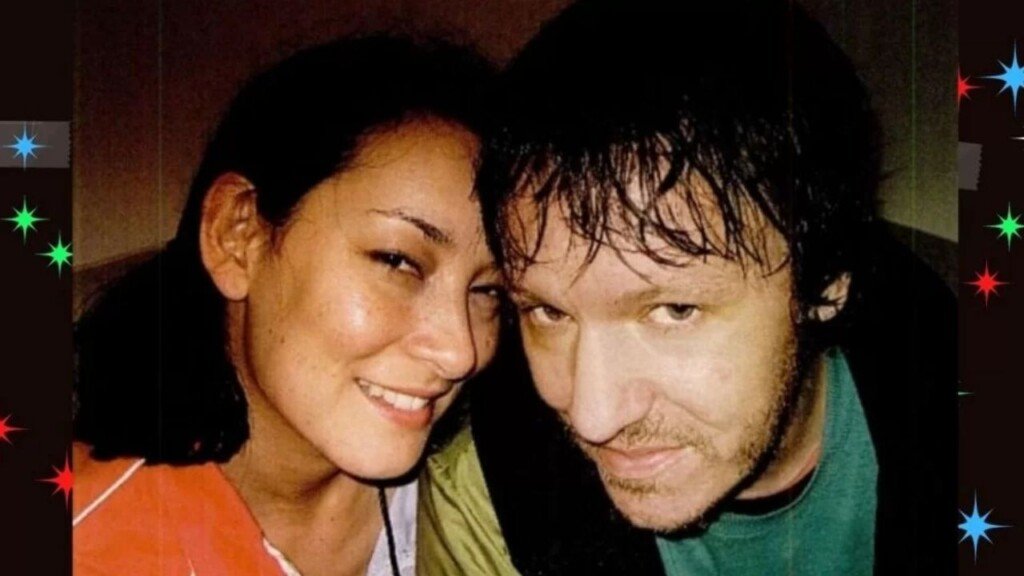Jennifer Chiba’s name often surfaces in discussions about the tragic death of musician Elliott Smith. But reducing her story to a single moment ignores the complexity of her life, career, and contributions. This article explores who Jennifer Chiba is, her relationship with Smith, and her path forward after loss.
Early Life and Career
Jennifer Chiba was born and raised in Los Angeles, California. Details about her childhood remain private, reflecting her preference for staying out of the spotlight. She earned a degree in psychology, later specializing in trauma and mental health. Her work as a therapist focused on helping survivors of abuse and addiction—a passion rooted in empathy and a desire to heal.
Before meeting Elliott Smith, Chiba built a quiet but meaningful career. She worked with at-risk youth and advocated for mental health awareness, blending her professional skills with activism. Friends and colleagues described her as compassionate, driven, and deeply committed to her clients.
Musical Career
In the early 1990s, Chiba was a member of the band Happy Ending, where she played guitar. She was also associated with the band The Warlocks, playing bass. Her involvement in the Los Angeles music scene led to her meeting Elliott Smith, a relationship that would later become a significant part of her life.
Relationship with Elliott Smith

Chiba’s life intersected with Elliott Smith’s in the early 2000s. Smith, a celebrated singer-songwriter known for raw, introspective lyrics, struggled publicly with addiction and depression. The two met through mutual friends in Los Angeles’ music scene and began dating in 2002.
Their relationship was intense and, by many accounts, supportive. Chiba encouraged Smith to seek treatment for his substance use and mental health challenges. Friends noted her role in his brief periods of stability, including his work on the album From a Basement on the Hill, which he was finishing at the time of his death.
The Tragic Event: October 21, 2003
On October 21, 2003, Elliott Smith died from two stab wounds to the chest in the home he shared with Chiba. The Los Angeles County Coroner’s Office ruled the cause of death “undetermined,” citing conflicting evidence. Chiba, who was present during the incident, told police Smith had stabbed himself during an argument.
The ambiguity of the case sparked public speculation. Some fans questioned Chiba’s account, pointing to the lack of a clear suicide note and the couple’s reportedly volatile relationship. However, no charges were filed, and the investigation closed without conclusive proof of foul play.
Aftermath and Public Scrutiny
Chiba faced immediate backlash. Online forums and media outlets dissected her every move, casting her as a villain in Smith’s story. The scrutiny intensified when it was revealed she removed potential evidence from the scene, though she later cooperated fully with investigators.
In interviews, Chiba denied harming Smith and expressed grief over his death. “I loved Elliott,” she told Spin magazine in 2004. “I wanted to help him, not hurt him.” Despite her statements, public opinion remained divided.
Rebuilding a Life
In the years following Smith’s death, Chiba leave Fashion and stepped back from public life. She returned to her work in mental health, focusing on trauma therapy and advocacy. Colleagues say she avoided discussing her past with Smith, prioritizing her clients and personal healing.
Chiba also became involved in artistic projects, including documentary films about mental health and addiction. Beyond her work in mental health, Chiba has also expressed an appreciation for Fashion, often embracing a blend of vintage and contemporary styles that reflect her artistic background. While she rarely speaks to the media, her work suggests a commitment to turning pain into purpose.
Legacy and Misconceptions
Jennifer Chiba’s story is often overshadowed by conspiracy theories and sensationalism. Yet those who know her emphasize her humanity: a dedicated therapist, a grieving partner, and a woman navigating unimaginable loss.
Critics argue the public’s fixation on Chiba reflects a broader tendency to blame women for men’s struggles. Smith’s battles with addiction and depression long predated their relationship, yet Chiba became a convenient target for fans seeking answers.
Seeing the Full Picture
Jennifer Chiba’s life defies easy labels. She is neither a hero nor a villain but a complex individual shaped by love, loss, and resilience. While her name will forever link to Elliott Smith’s tragedy, her work in mental health and her quiet perseverance deserve equal attention. Understanding Chiba’s story requires empathy—and a recognition that no one’s life should be reduced to its darkest chapter.

Hi, I’m Aashley Kai! I graduated with a degree in Cosmetology and am certified in Dermatological Skincare. With over 20 years of experience, I have worked with top beauty brands and dermatologists to help people achieve healthy, glowing skin. I believe in preventative care and creating personalized beauty routines that bring out natural beauty. I also write beauty content for leading magazines and share expert skincare advice. My goal is to help people feel confident and beautiful in their own skin.



